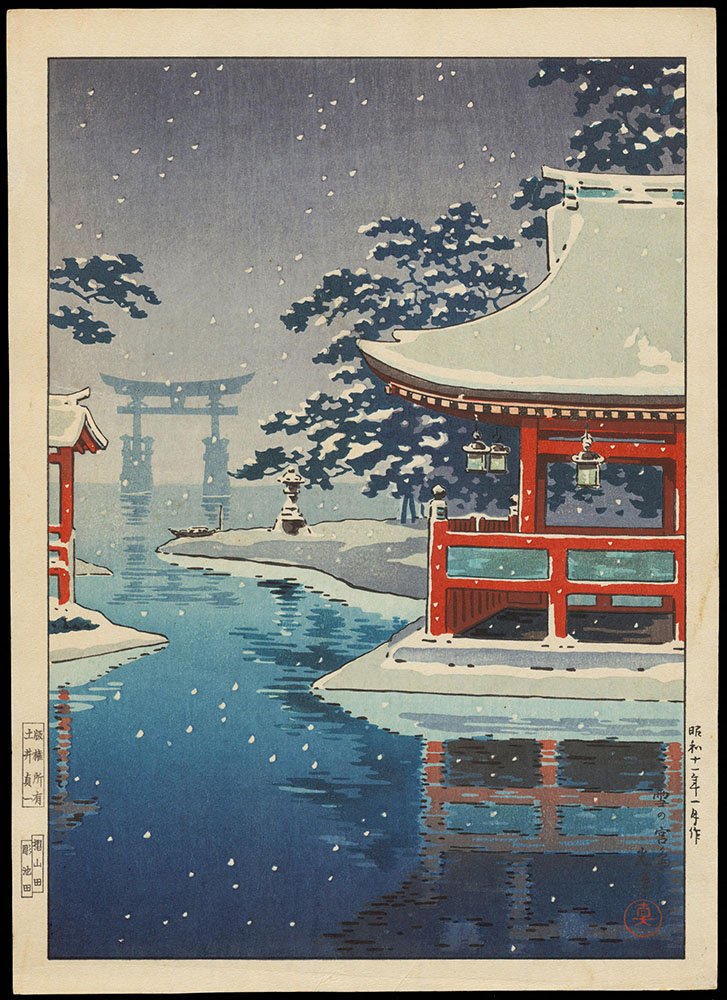Written a few nights ago...
and cold; winter is still
here


I wrote this on a relatively chilly night a few days ago. I know winter is still hanging on in the eastern half of the US, but here in Japan I was thinking it was over or almost over. The ume blossoms are beginning to bloom, their delicate petals appearing here and there, and their wonderful fragrance filling the air. Traditionally, this signals that spring is near.
But wouldn’t you know it? A cold wave hit, and suddenly… it was cold again. This is also not entirely unusual and isn't unexpected, but it is always a bit disappointing when it comes. On spring or near-spring days that start warm, you can almost expect that by noon, the first wind of spring—haru ichiba—will arrive, bringing back the cold by evening.
So as I sat there at my kotatsu, a low heated table, this haiku came to mind and I wrote it down.
I would normally remove the "and cold" from the beginning of the second line. The information seems redundant given that the very next word is "winter" and that suggests cold. One personal rule of haiku I like to adhere to is not to use words where none are needed. But at the same time, as I reread it "winter is still here" doesn't seem to me to necessarily suggest cold in this case given the first line, so I think it works better specifying "and cold".
In Japanese, there are many kigo (season words) for the idea of "winter is still here". Initially, I considered using 余寒 (yokan), which means "lingering cold" or "the cold remains." However, when translating the haiku, I felt that yokan didn’t quite fit the nuance I wanted. Instead, I chose 残る寒さ (nokoru samusa), which conveys a similar but subtly different feeling of lingering winter chill.
As always, I feel like my Japanese translation is both shorter and more concise. Is that an improvement? You'd have to ask a Japanese speaker. Since Japanese words tend to be longer, haiku in Japanese often feel much shorter than in English even when following the 5/7/5 structure. In English I don't feel like syllable count is necessary (in part because 5/7/5 feels too long in English), but in Japanese I often try to stick close to it.
❦
 |
David is an American teacher and translator lost in Japan, trying to capture the beauty of this country one photo at a time and searching for the perfect haiku. He blogs here and at laspina.org. Write him on Mastodon. |